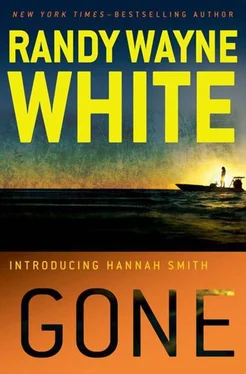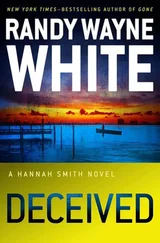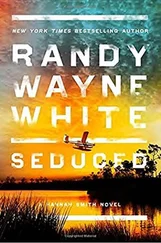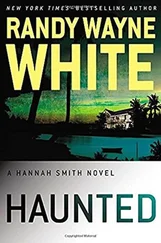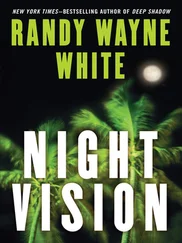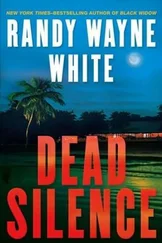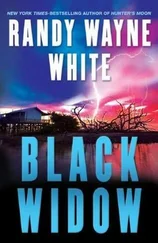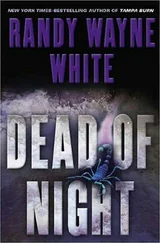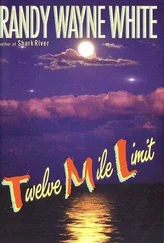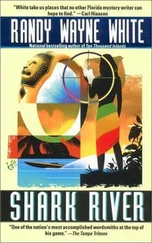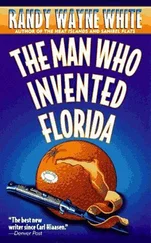
The first book in the Hannah Smith series, 2012
For Georgia Wilson White, and the iron-willed Wilson sisters of Rockingham, N.C.: Johnsie, JoAnn, Judy, Della Sue, Vera, Authorena, and my dear Aunt Jewel
The Ox Woman (Sarah McLain Smith) had blue eyes and wore her hair in a bun at the back of her neck, as did many women at that time. She was always polite and well-spoken, behaved as a lady, and was grateful for anything that was done for her. There was no record of her ever having misused her great strength to injure anyone, or do harm.
– Phil Philcox and Beverly Boe, The Sunshine State Almanac and Book of Florida-Related Stuff
Pain is an inescapable part of the human experience. Misery, however, is not. Misery is an option.
– S. M. Tomlinson, One Fathom Above Sea Level
Sanibel and Captiva Islands are real places, faithfully described but used fictitiously in this novel. The same is true of certain businesses, marinas, churches, and other locations mentioned in this book. Hannah and Sarah Smith are icons in Florida’s history and did exist. However, their relationship to characters in this novel is the author’s invention and purely fictional.
In all other respects, however, this novel is a work of fiction. Names (unless used by permission), characters, places, and incidents are either the product of the author’s imagination or are used fictitiously. Any resemblance to actual persons, living or dead, or to actual events or locales is unintentional and coincidental.
Contact Mr. White at WWW.DOCFORD.COM
As a writer, I still enjoy advantages gained by growing up in rural areas where isolation and boredom were relentless motivators and keys to the limitless worlds that lie between covers, not coasts. Better yet, my isolation was split between bipolar geographies: farms in the Midwest and my maternal home of Richmond County, N.C., a solid place of cotton mills, tobacco, cotton and truck farming (of the vegetable variety), and some of the finest people I’ve known. The fact that many of these fine people were also my aunts, uncles, and cousins only added to the richness of a Midwestern and Deep South childhood that practically guaranteed that, even if I had failed as a writer, I was bound to succeed at something . My Mother, Georgia Wilson White, would not have tolerated anything less, nor would my sweet-natured aunts and charming, tough uncles, most of whom quit school to work in the mills or the field (which only accelerated their love of learning). And my Grandmother Rilla Nay Wilson? The woman did not brook fools, nor the lazy-witted, and she carried a pistol for a reason.
I share this because I feel a great affection for Hannah Smith, the protagonist of this novel, which is rooted in family stories and the music of Southern voices. My mother and her sisters were not only natural-born independent thinkers, they were (and are) hilarious . If Hannah’s voice has a lyrical, authentic ring, the credit goes to the Wilson sisters of Hamlet and Rockingham, N.C.-most especially my late Aunt Jewel, who was by far the wittiest writer our family has produced.
Special thanks also go to: Ivan Held and Neil Nyren for entrusting Hannah to me; Wendy Webb, my companion, adviser, and friend; Mrs. Iris Tanner, a guardian angel; partners and pals Mark Marinello and Marty and Brenda Harrity; Dr. J. M. Miller, Capt. Mark Futch, Capt. Glenn Pace; my teammates Stu Johnson, Bill Lee, Gary Terwilliger, Don Carman, Victor Candelaria, Dr. Brian Hummel, and all of my Wilson family, especially my cousins Rev. Kearny, Robin, Kay, Tony, Debbie, Jimmy, Brenda, Roxanne, Jean, John, Jeanette, Tommy, Carla, Capt. John, Vickie, Bobby, Butch, Sandy, Dr. Doug, Cindy Sue, Sharon, Christy, John, Crystal, and Angie.
Much of this novel was written at corner tables before and after hours at Doc Ford’s Rum Bar and Grille, on Sanibel Island and on San Carlos Island, where staff were tolerant beyond the call of duty. Thanks go to Debbie Bubley, Raynauld Bentley, Dan Howes, Brian Cunningham, Mojito Greg Barker, Liz Harris, Capt. Bryce Randall Harris, Milita Kennedy, Sam Khussan Ismatullaev, Olga Jearrard, Rachel Songalewski of Michigan, Jean Crenshaw, Amanda Gardana, Rodriguez, Bette Roberts, Amazing Cindy Porter, Ethan Salley, Fernando Garrido, Greg Barker, Jessica Shell, Jim Rainville, Kevin Filowich, Kimberly McGonnell, Laurie Yakubov, Lisa Reynolds, Michelle Boninsegna, Sarah DeGeorge, Shawn Scott and Dale Hempseed, and master chef Chris Zook.
At the Rum Bar on San Carlos Island, Fort Myers Beach, thanks go to Kandice Salvador, Herberto Ramos, Brian Obrien, lovelies Latoya Trotta, Magen Wooley, Meghan Miller, Meredith Mullins, Nicole Hinchcliffe, Nora Billheimer, Ali Pereira, and Andrea Aguayo, Brian Sarfati, Catherine Mawyer, Corey Allen, Crissy McCain, Deon Schoeman, Dusty Rickards, Erin Montgomery, Jacqi Schultz, Justin Dorfman, Keil Fuller, Kerra Pike, Kevin Boyce, Kevin Tully, Kim Aylesworth, Kylie Pryll, Patrick John, Robert Deiss, Sally Couillard, Steve Johnson, Sue Mora, and Tiffany Forehand.
Finally, I would like to thank my two sons, Rogan and Lee White, for helping me finish, yet again, another book.
– Randy Wayne White
Casa de Chico’s
Sanibel Island, Florida
WHEN LIGHTNING ZAPPED THE WATER A MILE FROM THE boat, my fishing client, Lawrence Seasons, looked at me surprised as a child, and the fly rod went sailing from his hands.
“I felt that, Hannah!” he said, meaning the shock. His line had been in the water, connected to a six-foot tarpon that had just jumped, scales bright as ice against purple clouds that held rain.
I told the man, “I bet you did,” and lunged after the rod skittering across the deck. Just before it flew overboard, I caught the reel, locked my fingers over the spool, and pulled until the barbless hook I was using set the fish free, which the tarpon confirmed with another greyhound jump. The breeze blowing off the water was suddenly chilly, I noticed, sweet with ozone and electricity.
“We’ve got to go, folks!” I said for the second time in the last few minutes. “Grab your seats, try to stay low.” I was taking fishing rods from their vertical holders, storing them flat on the deck.
“My first tarpon,” Mr. Seasons said, sounding dazed and a little sad. He was flexing his fingers to see if they still worked, or maybe to remind me that dropping expensive gear wasn’t an everyday occurrence for him.
I told him, “You did a fine job, sir,” which seemed to cover all the bases, and then hustled behind the wheel to start the engine. For more than an hour, I’d been watching thermals build over the Florida mainland, which is normal on a June afternoon. But when the breeze suddenly wilted, air dense as lacquer, I knew it was time to move. Trouble was, only minutes before, Mr. Seasons had finally hooked a big tarpon on a fly rod, after years of trying, so I’d waited longer than I should’ve to make the decision. Now if things didn’t go smoothly, my clients and I might get soaked-or worse. From what I could see, hear, and smell, the odds weren’t in our favor. The storm was moving fast, towing a mountain of black clouds, and my small boat is as open and flat as an upside-down iron. A “flats skiff,” as the design is known by saltwater anglers.
I called, “Hang on!” and pushed the throttle forward, then touched the trim switches, accelerating, and soon we were riding, flat and dry, the storm right on our tail.
Читать дальше
